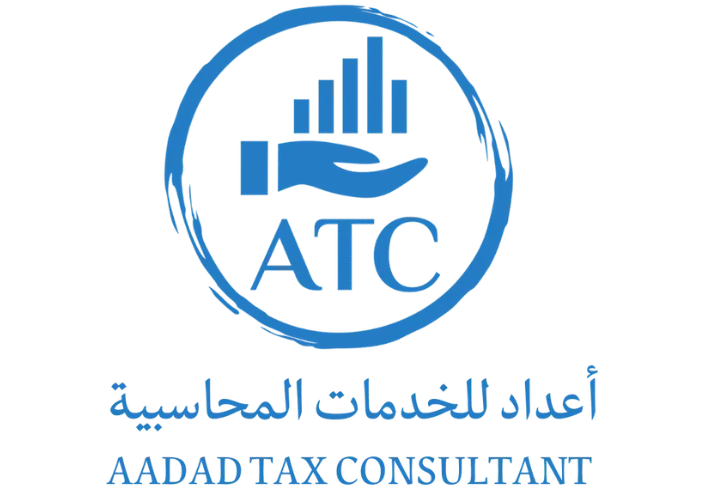A tax return is a formal document submitted by a tax registrant to the Federal Tax Authority (FTA) in the UAE, detailing the registrant’s taxable supplies and purchases within a specified period. This document serves as a critical tool for reporting the amount of Value Added Tax (VAT) owed or refundable, ensuring compliance with the country’s tax regulations.
The timing of VAT return filing in the UAE is contingent upon the tax periods assigned to each business by the FTA during the VAT registration approval process. The FTA carefully determines these tax periods based on various factors, which can include the size and nature of the business, as well as its annual turnover. Depending on the FTA’s assessment, tax periods may be set on a monthly or quarterly basis.
Monthly tax periods are typically designated for businesses with larger volumes of taxable transactions, allowing for more frequent monitoring and compliance. Quarterly tax periods, on the other hand, are often assigned to smaller businesses with lower turnover, streamlining the filing process while maintaining regulatory oversight.
It is imperative for businesses to adhere to the tax periods established by the FTA and ensure timely and accurate submission of VAT returns. Failure to comply with these requirements can result in penalties and other legal consequences. Proper planning and diligent record-keeping are essential for meeting these obligations and maintaining good standing with the tax authorities.
The VAT return filing process in the UAE is conducted entirely online, providing a streamlined and efficient method for tax registrants to report their sales and purchases and remit the tax due. This digital process ensures ease of access and convenience, enabling businesses to comply with tax regulations from anywhere. During the VAT return filing, registrants must accurately present the value of their taxable sales and purchases, along with any other relevant details, to calculate the tax liability.
In situations where a registrant’s purchases exceed their supplies, they may be eligible to apply for a tax refund. This process is distinct from the regular VAT return filing and necessitates a separate application. The Federal Tax Authority (FTA) requires the submission of specific additional information to process the refund request. It is crucial for registrants to ensure all required details are accurately provided to avoid delays or complications in the refund process.
Notably, the UAE’s VAT return filing process does not mandate the submission of supporting documents, such as tax invoices or tax credit notes, at the time of filing. Nevertheless, registrants are legally obligated to maintain comprehensive records of all relevant documents related to their business transactions. These documents must be readily available and furnished to the FTA upon request, ensuring transparency and compliance with tax regulations. Maintaining accurate and up-to-date records is essential for businesses to substantiate their tax returns and facilitate any necessary audits or inquiries by the FTA.
